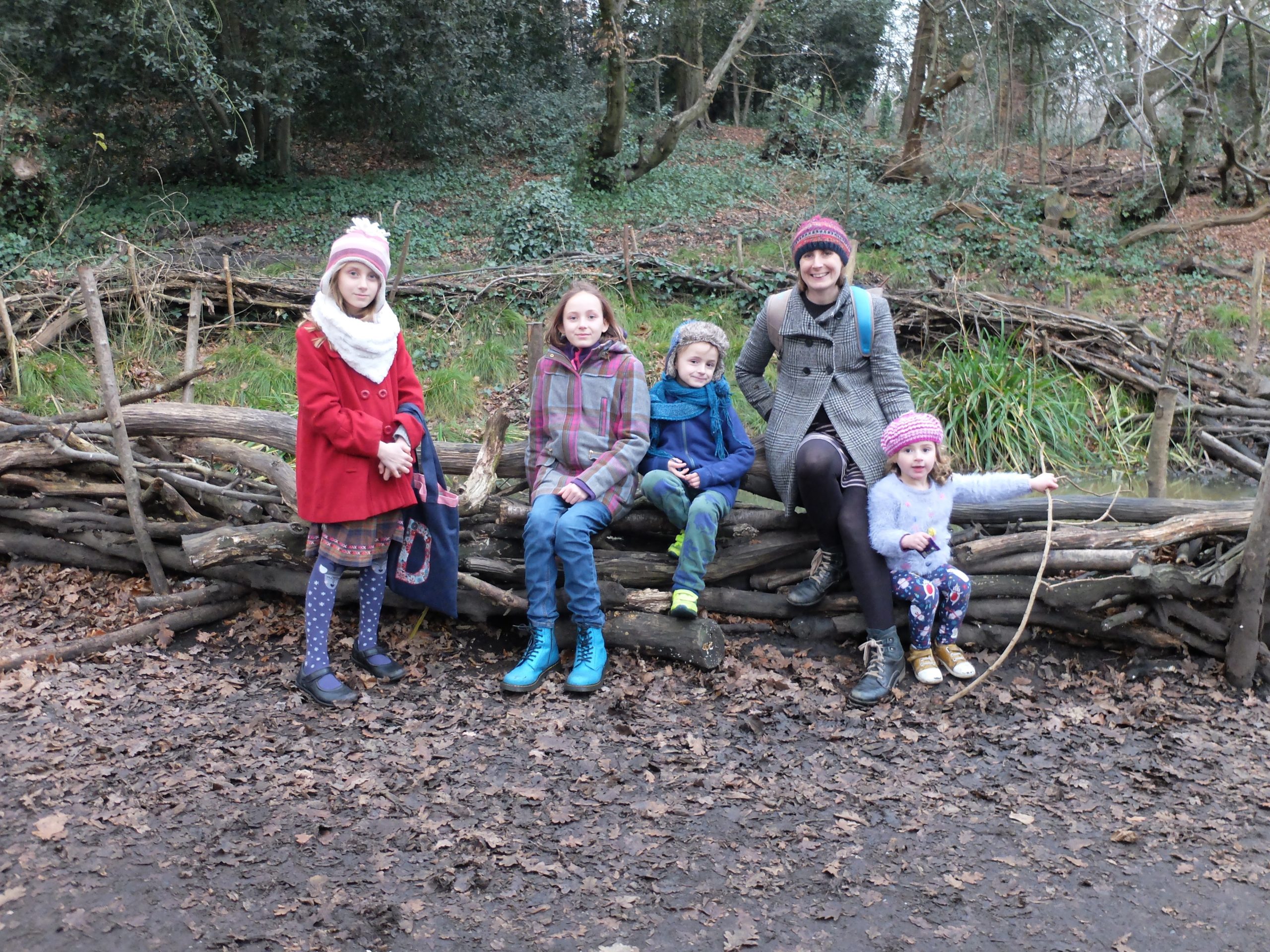A love of books led Nicola to read English Literature at St John’s. After working at Diabetes UK and motherhood, she is now writing children’s books. Her debut novel Where the World Turns Wild centres around the importance of nature — an especially thought-provoking topic in our current climate crisis. Find out more about Nicola’s career journey, life experiences and writing inspiration below.
Hello Nicola! Summarise your career journey.
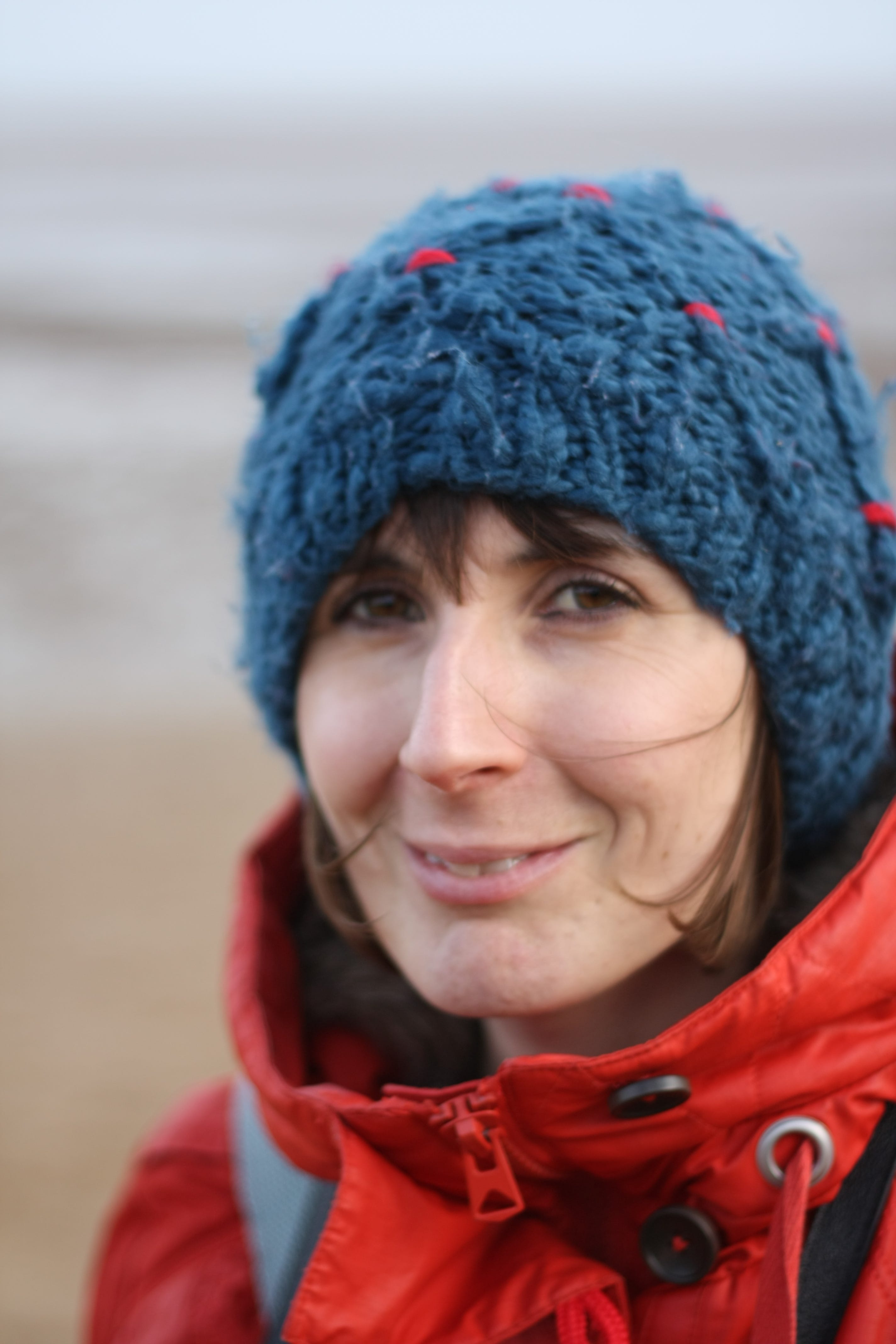
Hello! After my Cambridge English degree I studied computer science for a year at Imperial College, partly to help my job prospects and partly (to be honest) because it was possible to get funding. I learnt a lot but I was far from a natural. I was thinking about working as a librarian or information manager, but this required further study and I needed to earn some money first. The post I took at Diabetes UK, as Information Coordinator for their helpline, was a good fit. It combined writing skills with health information (science A Levels helped) and information management. Then my team was so lovely and the work was so rewarding that I didn’t leave. My role grew up with me.
I returned to work part time after my first daughter, but when my second daughter was born less than two years later, going back to work seemed a lot to juggle. My husband worked long hours and we didn’t have family around to help. I often felt I was letting someone down, so I left my job to focus on motherhood.
What has raising your kids taught you and what have you gained from the experience?
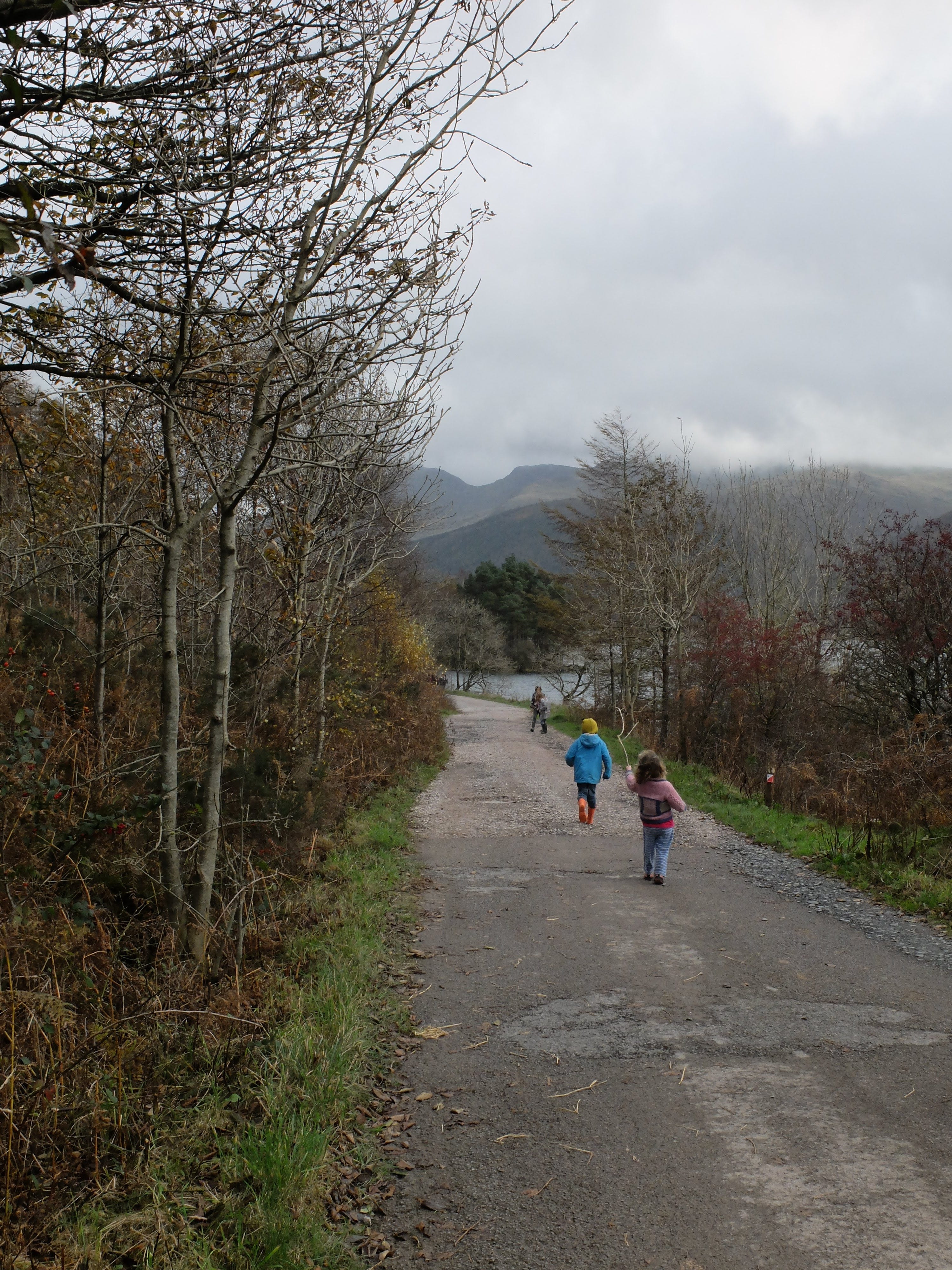
I loved those early years, loading up the double buggy, heading off to the park. Looking back I really appreciate how much freedom there was. I mean sometimes I was climbing the walls, wanting time to myself, but we weren’t tied to the school day or term times. In some ways it was similar to college — my friends and I would drink coffee and compare how tired we were, except this time it was because our children had woken in the night, not because of late nights drinking or essay crisis nights.
I mostly learnt about myself, including how important living in the moment is to me and what makes me happy. I was also reintroduced to children’s books, and I don’t think it’s a coincidence that I’m writing for the age group my oldest children are now. I’m very inspired by them and the books we read together.
In that time at home we also renovated a house and had two more children.
How did you decide that the time was right to work for yourself?
I’ve always scribbled things down in notebooks, but for the first few years of being a mum, I stopped. Parenting was challenging and creative enough. I was consumed by it.
As the children got older, space grew back in my head and I put my youngest daughter in nursery a couple of days a week so I could write. I’m a terrible procrastinator, but paying for childcare disciplined me. For the first time in my life I sat down and wrote a whole book.
As I write this, schools have shut as part of the massive effort to flatten the peak of coronavirus in the UK. Writing with four children at home is going to be its own challenge, but this is a minor issue. My priority is going to be keeping us safe and happy and the kids playing, drawing and reading — and doing a bit of schoolwork here and there so they don’t forget the things their amazing teachers have taught them.
Does writing as a job live up to the dream you had of it when you were younger?
Having a book out felt like a dream come true a few weeks ago! Some of my favourite children’s authors, such as Hilary McKay and Gill Lewis, have said lovely things about it, and plenty of readers have done a brilliant job of spreading the word too by writing beautiful reviews and recommending it to friends. The incredible community is an aspect of writing I hadn’t imagined. Children’s literature is a proper treasure trove right now, if you seek beyond the standard airport or supermarket offering.
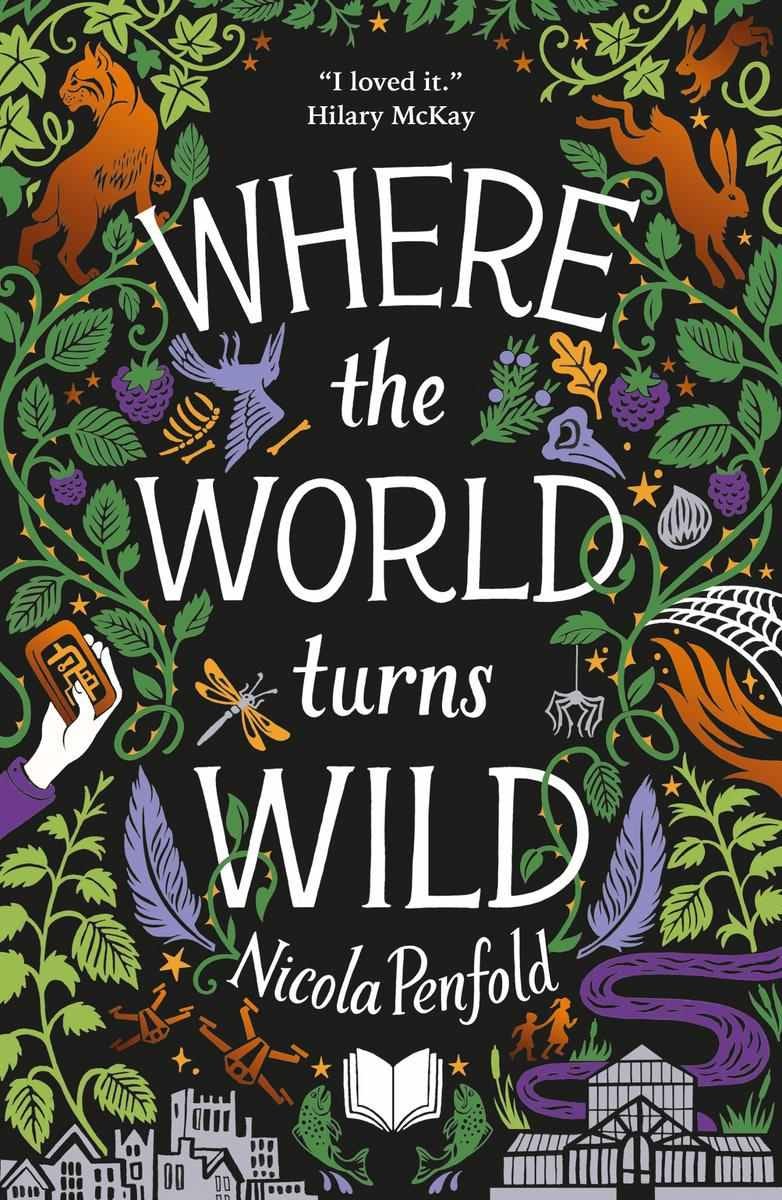
Tell us about Where the World Turns Wild.
Where the World Turns Wild is a journey and survival story aimed at young people nine and over. A tick-borne disease keeps everyone in walled cities, with no animals or trees — and barely any plants — allowed. My main characters are a 13 year old girl, Juniper, and her little brother, Bear. They are resistant to the disease and escape out into the wild.
Since we’re now living through our own dystopia, my book may be too close to home for some. However, at its heart Where the World Turns Wild is hopeful and is a rally cry for the natural world. Even looking out of a window in the busiest of cities (we’re in London!), I hope most of us can see a tree right now and get comfort from that.
Where does your inspiration come from?
When my first child (now 13, like Juniper) was still a baby, I read a book called Last Child in the Woods by Richard Louv. It’s the book that coined the term ‘nature deficit disorder’, and it warned that we are raising the first generation of children to grow up without meaningful contact with nature. I wanted to show what a world without nature might look like, side by side with a world where nature has got the upper hand and is flourishing again. From a character point of view, Louv’s title just really intrigued me: who were these last children in the woods?
The city in my book isn’t mentioned by name, but in my head it’s Cambridge. Juniper and Bear’s grandmother, Annie Rose, grows cacti and sedums in a glasshouse inspired by those at Cambridge University Botanic Garden. Juniper and Bear journey to Ennerdale in the Lake District and Cumbria is a big inspiration for me too. I’ve been holidaying there my entire life.
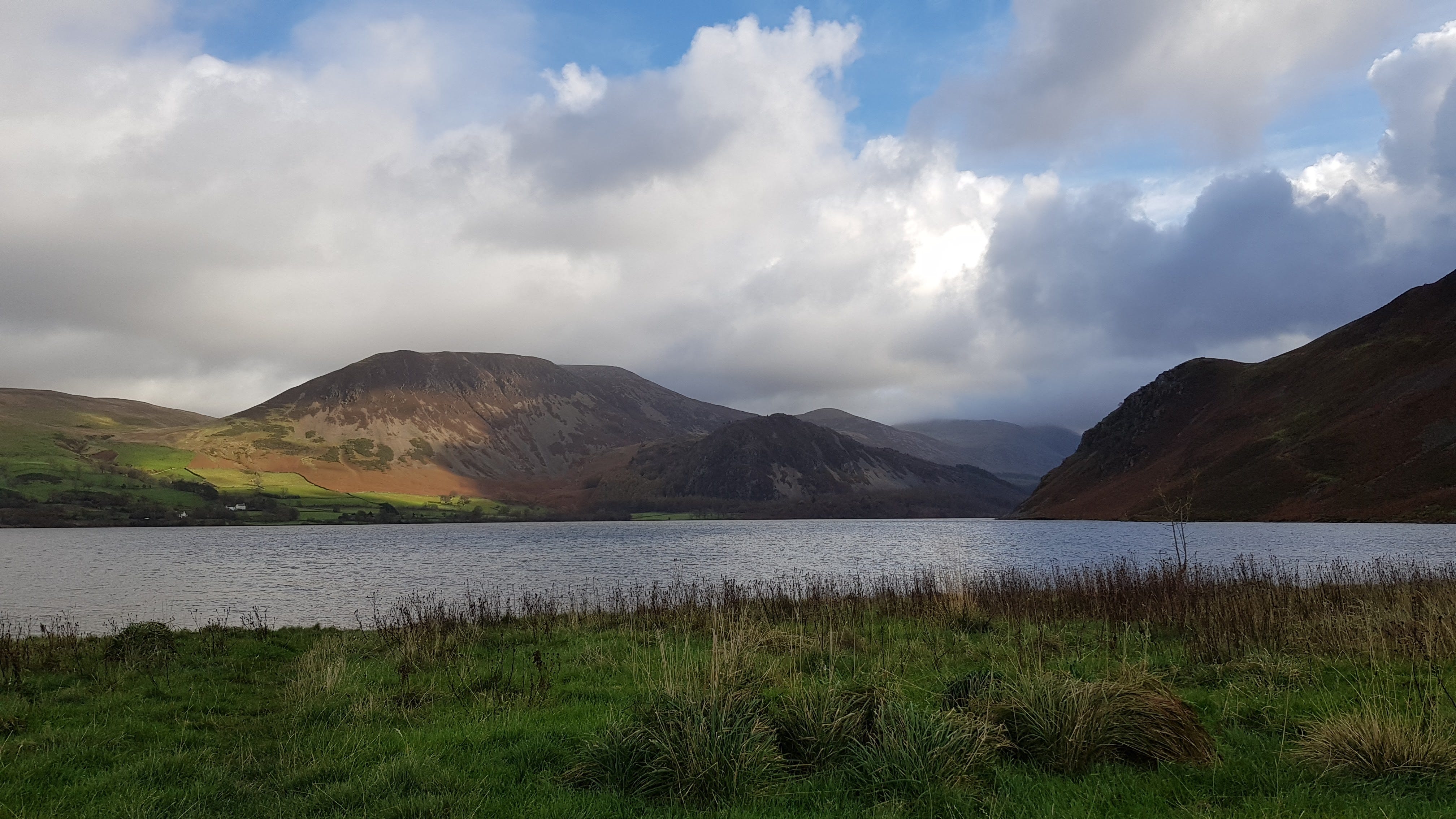
Is there anything else you’d like Johnians to know?
My message is the same as everyone else’s right now: stay safe, stay home. And I want to give enormous thanks to the health and social care workers, supermarket staff, delivery drivers, teachers, scientists, police and everyone else working so hard to keep us going. I’m in awe of all these people right now.
Follow Nicola on Instagram @nicolapenfoldauthor and on Twitter @nicolapenfold.
If you’ve got some extra time on your hands or a message to share during this global pandemic, we’d love to hear from you: development@joh.cam.ac.uk.


